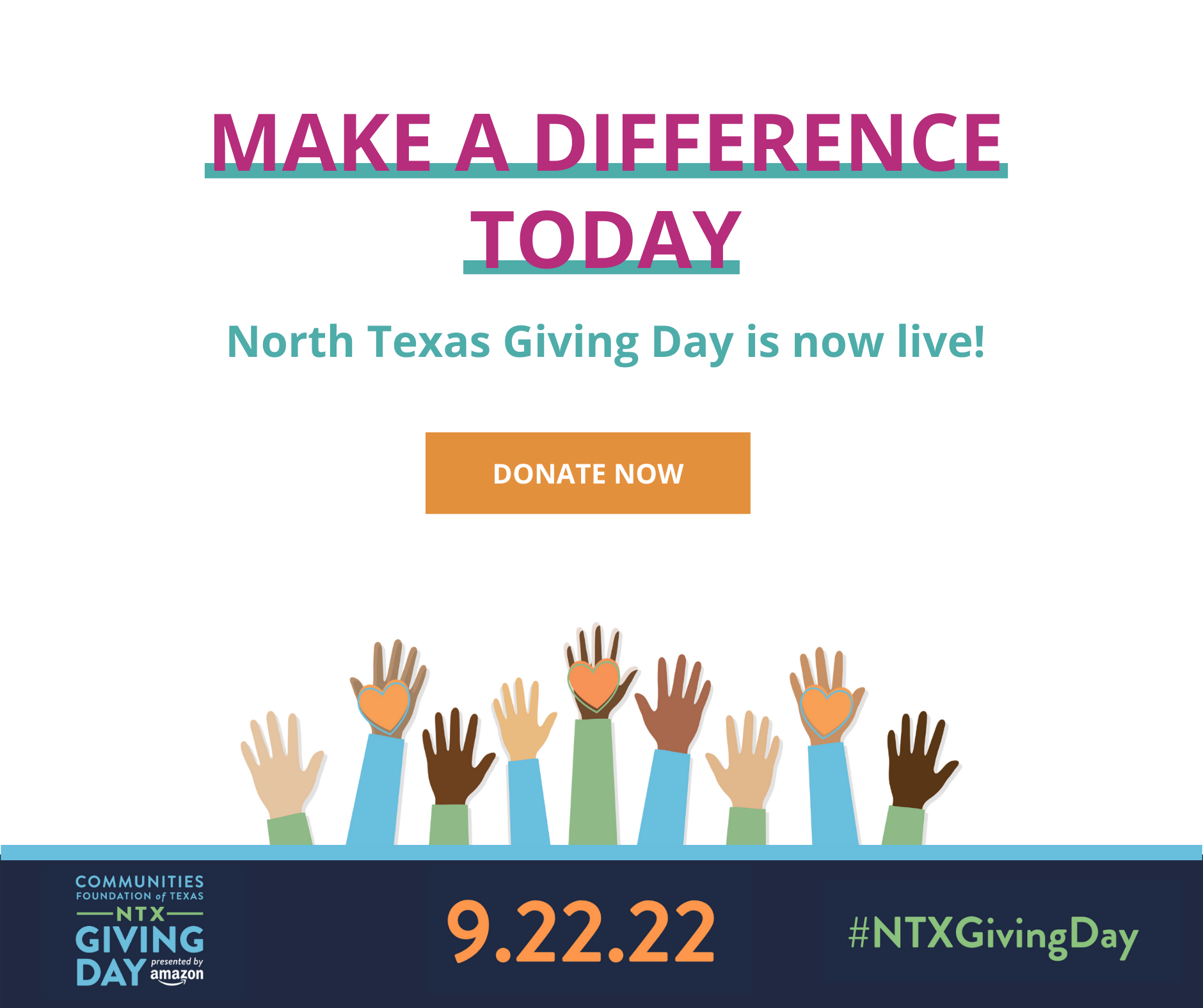Your Voice – and Action – Matters Between Legislative Sessions
As summarized in our last blog post on the legislative interim, the work toward next session really does begin now.
During the interim, legislators and their staff spend more time in both their district and capitol offices, which means they have more bandwidth and availability to develop relationships and learn more about topics of interest. The voice that matters most to legislators, is the voice of their constituents. So while the work of session can often seem complicated, overwhelming, and better left to the professionals (which it’s not!), the interim is the period in which local providers, stakeholders, parents, teachers, and YOU can use their voice to speak up for Texas kids.
Keep this in mind while bending the ear of a legislator: You don’t have to be an expert. You don’t have to understand the political system. You don’t have to know all the data inside and out. This is where the support and expertise of TexProtects can come into play – but we need you to tell your story and why it matters.
To speak to your district’s policymakers, you simply have to share your values (and it certainly helps understand theirs!), experiences, knowledge, and the issue/topic to which you’re passionate. Then, let them know that their community is expecting them to deliver in ways that are meaningful. In our case – that is keeping kids safe and empowering our families to thrive.
Maybe you have ideas about what needs to change regarding the issue at hand. Maybe you have some ideas about solutions – even better! Maybe you have personal experiences with children or families that you know will provide a compelling narrative and is the extra push needed to see change happen. If you follow the work TexProtects does, if you are reading this blog, if you engage with us on social media, you definitely have a story and a connection to your community that could deepen and inform the conversation around how to make meaningful change in child welfare.
If you’re ready to get involved, here are few ways you can begin:
- Find out who represents you and find a way to get to know them and their staff.
- Go to a campaign event or a town hall.
- Schedule a visit to talk about topics of interest.
- Invite them to an event that highlights critical issues and programs to build investment.
- Attend an event! TexProtects holds community events through the state year-round on child protection related issues. Check our website for any upcoming events.
- Join local and statewide collaboratives on your areas of interest to amplify your voice and inform your positions. For example, TexProtects provides leadership for the following collaborations: TexProtects Public Policy Committee, Texas Prenatal to Three Collaborative, the Child Protection Roundtable, and the Home Visiting Consortium. Contact beth@texprotects.org if you are interested in more information about those collaboratives.
- Write a letter of thanks to legislative champions. Everyone appreciates a thank you and unfortunately, our policy makers often hear from their constituents only when they are unhappy. Take time over the interim to thank your legislator for their public service and take the opportunity to point out a child protection bill from last session that they supported. You can use our end of session report to get a list of important bills from last session. Texas Legislature Online will let you search for a bill to see who voted for it, what actions were taken toward it, and the language of the bill. If you need assistance, contact jennifer@texprotects.org. TexProtects would be glad to help you draft the letter or determine which bills might be relevant to mention.
- Be sure you are signed up for our newsletter and advocacy alerts (sign up in the orange box on our home page and connect with us on social media (Facebook, Twitter, and Instagram) to stay up to date on the latest child welfare news and state and federal policy. We will let you know when there is an important hearing so that you can attend, stream online, or provide written or oral testimony.
- Have a policy idea related to child protection? We want to hear it!
If you hit a roadblock or need a cheerleader, a contact, or a data point, please don’t hesitate to reach out, we are here to help.



